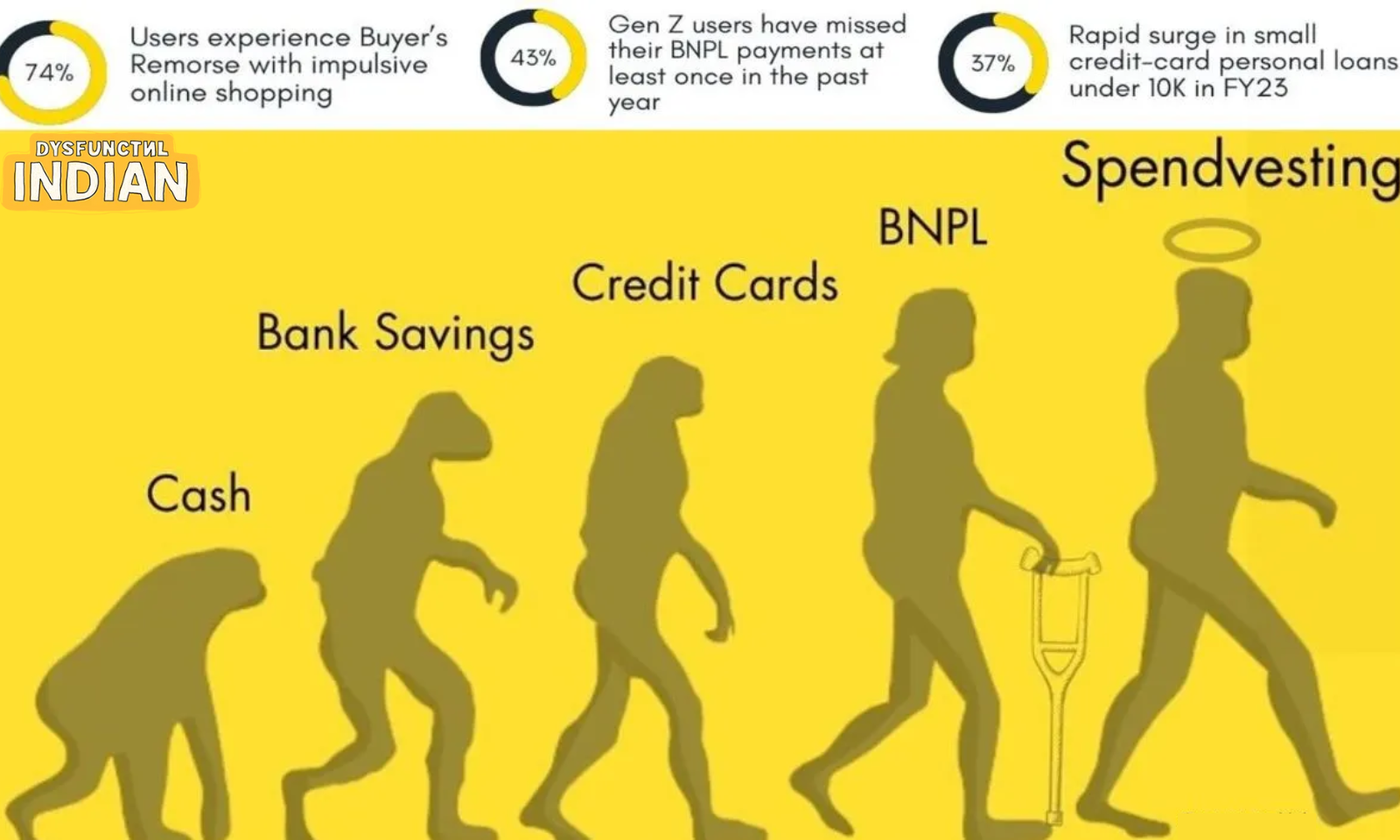Gender Biasedness in Economic Theories - Dysfunctional Gyaan
Posted by admin on 2023-12-14 | Last Updated by admin on 2026-01-14 08:57:35
Gender
inequality remains a significant issue in the Indian frugality, affecting
colorful aspects of life. In understanding this, it's important to combine hard
data with social realities to truly understand its impact. While empirical data is important for profitable programs, counting
solely on it without considering social surrounds can lead to deceiving
results.
In numerous profitable models –
A
bias exists that favors men while ignoring the institutions and benefactions of
women. This manly- centric approach, reflecting manly- acquainted bias, ignores
the part and significance of women in profitable conditioning. For
illustration, in labor request models, when mothered
gests are considered, it becomes clear that women's participation is minimum or
they’re fully uncelebrated as overdue workers.
Profitable models frequently suggest a negative correlation if a woman
earns further than her hubby.
Still,
this ignores the complexity of real life situations. For illustration, take a
script where a woman earns further than her hubby, and their fiscal situation
seems to be better with no egregious signs of violence. But a deeper disquisition
revealed that there may be other cases of violence in similar homes, frequently
motivated by covetousness due to the woman's advanced income.
The
crux of the matter lies in the need to combine social environment with
empirical data. This admixture is important in creating accurate models and
developing profitable propositions that truly reflect reality. Within the
Indian frugality, gender bias has a significant impact on colorful sectors.
Challenges faces by women –
In
the plant, women frequently face pay inequality, smaller openings for career
advancement, and social conceptions that limit their places. This gender bias
also extends to pierce to education. Although there have been advancements, difference
persist, especially in pastoral areas where girls may face challenges attending
academy due to artistic morals or fiscal constraints. Also, unstable
distribution of ménage liabilities farther composites the problem. Women
frequently bear the mass of housework and caregiving duties, limiting their
time and openings for professional development and profitable participation.
Impact of Gender Inequality –
The
impact of gender inequality extends beyond the profitable sphere; It deeply
affects social weal. Demarcation and prejudice against women not only hinders
their progress but also hinders overall social development. When half the
population faces obstacles to its full eventuality, it stops the overall
progress and development of the country. Comprehensive
sweats are demanded to exclude gender inequality in the Indian
frugality. Programs should concentrate on furnishing equal openings in
education and employment, challenging social morals that promote gender
impulses, and establishing support systems to enable women's active
participation in profitable conditioning.
Empowering women economically not only benefits them,
but also impacts families, communities and the nation at large. When women are
economically empowered, they invest in their families' education and health,
leading to a further prosperous society.
In
conclusion, admitting the
bias in gender inequality within the Indian frugality is important for
progress. By integrating social surrounds into empirical data, policy makers
and economists can produce more accurate models and propositions. Sweats aimed
at removing these impulses and promoting gender equivalency not only empower
women but also contribute significantly to the overall growth and development
of the country.









